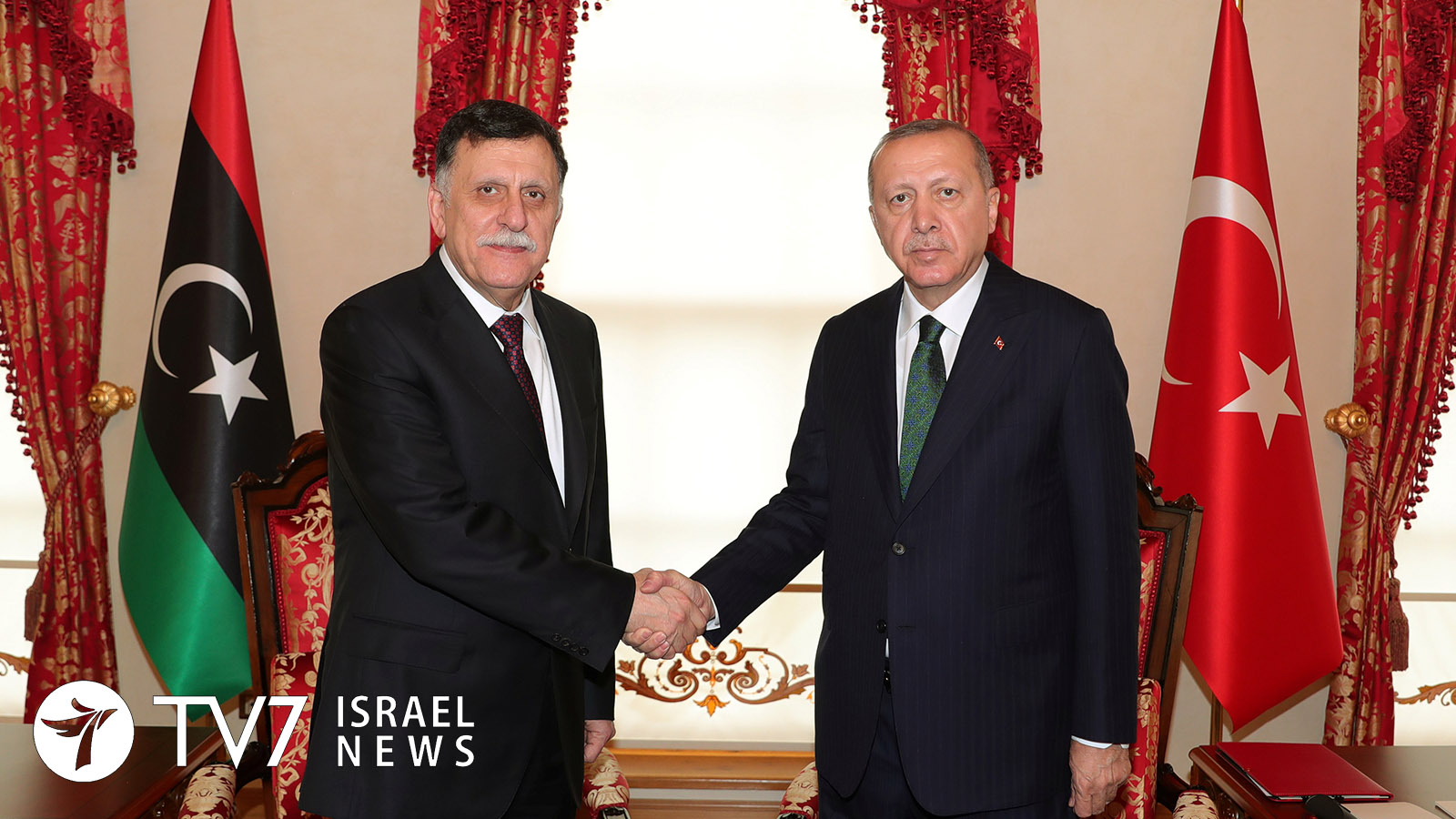Turkish President Recep Tayyip Erdogan used his annual end of year address to proclaim that his nation’s position will strengthen in the strategically-important eastern Mediterranean Sea as a result of its recent agreement with Libya’s UN-recognized Government of National Accord (GNA).
Ankara signed two separate pacts with the legitimate government in Tripoli on November 27: one on military cooperation and the other on maritime boundaries of countries in the Eastern Mediterranean.
“At the end of November, the Memorandum of Understanding on Security and Military Cooperation and maritime boundaries signed with Libya will provide significant strategic gains for our country,” said Erdogan, stressing that “With this memorandum, we have expanded and widened the process we have initiated with the agreement with the Turkish Republic of Northern Cyprus.”
He went on to say that “The project to exclude Turkey from the Mediterranean has been foiled by the latest steps we have taken,” in veiled reference to Jerusalem’s agreements with Rome, Athens and Nicosia to export natural gas from Israel’s vast offshore reserves.
Erdogan then vowed that “with support to the legitimate Tripoli government, Turkey will ensure the implementation of all elements of the agreements with Libya.”
A motion to the Turkish Parliament Speaker’s Office submitted by Erdogan on Monday for the deployment of troops to Libya is set to be debated in Parliament tomorrow.
Libya has remained besieged by turmoil since a 2011 Arab Spring uprising backed by NATO lead to the downfall and death of then-President Muammar Gaddafi after more than four decades in power. Since then, two rival seats of power in Tripoli and Tobruk have emerged in the North African country, in addition to numerous heavily armed militia groups.
In related news, the Islamist militant al Shabaab group has accused Turkey of trying to control resources in Somalia. The accusation was part of a message in which the al Qaeda-linked terrorists claimed responsibility for a massive deadly suicide bombing targeting a convoy of Somali and Turkish forces at a busy checkpoint near Mogadishu killed at least 90 people.
The Saturday (December 28) attack was the most deadly in the Federal Republic since 2017, where the extremist-Islamists have regularly carried out bombings in their more than decade-long fight to topple the United Nations-backed Somali government.
Mogadishu’s National Intelligence and Security Agency issued a tweet accusing “a foreign country [of having] planned the massacre of the Somalis,” but declined to specify which country it believes was involved in the attack. The agency said it will work with foreign intelligence agencies in its investigation.
Somalia has become an arena for military and political rivalry between Turkey and Qatar on one side and Saudi Arabia and United Arab Emirates on the other.
